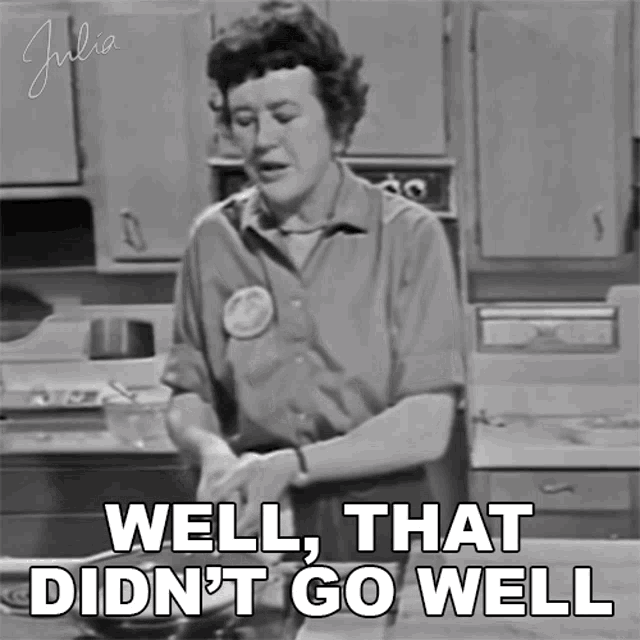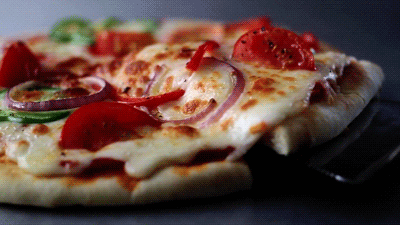Ed. note: Every week we get e-mails, DMs, texts, etc. asking for our favorite (fill in the blank) __________, steakhouse, sushi, dim sum parlor, high falutin’ French, you name it. We’re always happy to send advice along, but none of those make us think the way Jessica recently did:
Dear Mr. Curtas,
 (Mr. Curtas’s less-than egg-cellent TV career hit a snag when they discovered he had a face made for radio)
(Mr. Curtas’s less-than egg-cellent TV career hit a snag when they discovered he had a face made for radio)
In the beginning, there was nothing insidious about social media platforms. They were convenient and free and immediately brought millions into the world of good food, nutrition, and better eating. In the space of this century they made more knowledgeable consumers out of an entire generation. I called this the Age of the Blogs (2002-2012) and what others have called the “good internet” or the Golden Age of the Internet — when people sought out websites and in-depth information about everything from pizza to politics.
Once Facebook took off though (around 2010), followed in short order by Instagram (in 2014 ) most blogs got plowed under by the sheer mass of two sites where everyone could get their news, info, pictures, and friends without ever having to leave a web page (cf. search engine optimization).









